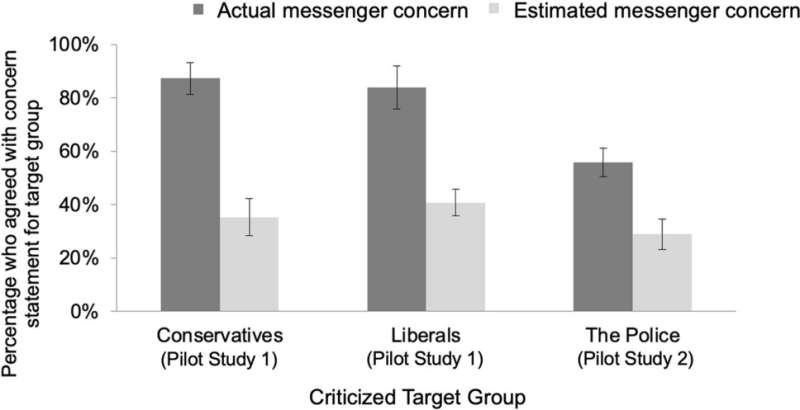This article has been reviewed according to Science X's editorial process and policies. Editors have highlighted the following attributes while ensuring the content's credibility:
fact-checked
peer-reviewed publication
trusted source
proofread
Criticism with care is more persuasive, finds study

When unethical behavior is criticized, demands are often met with defensiveness and denial. How can we overcome this reaction? New research from the University of Zurich demonstrates that criticism is more persuasive when it is expressed with concern for the welfare of those being criticized.
In pursuit of a more ethical world, people in business and society speak out to criticize groups for wrongdoing and call for them to change their harmful ways: Activists demand justice for victims in their campaigns, employees might call attention to unfair practices at work, journalists put a spotlight on harm in society, and business leaders speak out on political topics.
New research by Lauren Howe, an Assistant Professor from the Department of Business Administration at the University of Zurich, identifies a way that criticism across these scenarios can be made more effective. A series of experiments involving more than 1,400 participants shows that criticized groups are more likely to take a criticism to heart when the messenger not only criticizes the groups, but also shows concern for the issues that the criticized groups themselves face.
When criticism indicates a lack of concern
When criticizing groups, messengers often address the group by criticizing the group for causing harm to another group and imploring them to change their ways. "What messengers may not realize is that when a person accuses a group of harm like this, right away, members of the group may believe that the messenger views their group as immoral and does not care about their outcomes," Howe explains.
"We find in our research that when messages include dual concern by expressing concern for the group that is criticized while still accusing the group of causing harm, it reduces this problematic inference, and thus dual concern messages are more effective at encouraging members of a group to agree with the criticism of their own group."
The effects of dual concern messages
In one of the experiments, Liberals or Conservatives in the United States agreed 6.6% more with a CEO criticizing their political group in a news article if the CEO additionally acknowledged that the political group also faced harm such as being mocked and ignored by others. Participants were also 7.1% more willing to shop at the CEO's company than when criticism was issued without care.
The research also tested the idea in campaigns: participants read a poster advocating to stop prejudice against a group with whom they personally disagreed—whether Liberals or Conservatives, Christians or atheists, or the elderly or millennials. The poster led participants to agree 8.6% more strongly that their disfavored group faces unfair and specific prejudices when the poster conveyed that the advocates also were concerned about the prejudices that many other groups faced.
Criticizers may care more than people think
In one study, 87.3% of Liberals who said that Conservatives are harming America still agreed that "Conservatives, like anyone, deserve a voice, and their concerns should be heard. We should care for Conservatives." But interestingly, Conservatives estimated that only 40.8% of critical Liberals would agree that Conservatives are worthy of concern.
Likewise, 83.9% of Conservatives who were critical of Liberals agreed that Liberals deserve a voice and should be heard, yet Liberals estimated that only 35.3% of Conservatives would express concern for Liberals. This means that people in both political parties underestimated the concern of their ideological opponents by half.
Learning to criticize with care
What the research shows, Howe summarizes, is that criticism works better when it is done with care. She suggests, "When messengers point out harm or wrongdoing, they might consider: What challenges does the group that they are accusing of harm face?"
Messengers may want to acknowledge these challenges, if appropriate, to signal to their audience that they are not dismissed as immoral. As messengers raise their voices to criticize one group for harming another group in the service of social change, their arguments are more persuasive when they emphasize concern for the criticized.
The study is published in the Journal of Business Ethics.
More information: Lauren C. Howe et al, Expressing Dual Concern in Criticism for Wrongdoing: The Persuasive Power of Criticizing with Care, Journal of Business Ethics (2023). DOI: 10.1007/s10551-023-05475-0
Journal information: Journal of Business Ethics
Provided by University of Zurich


















